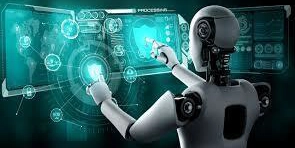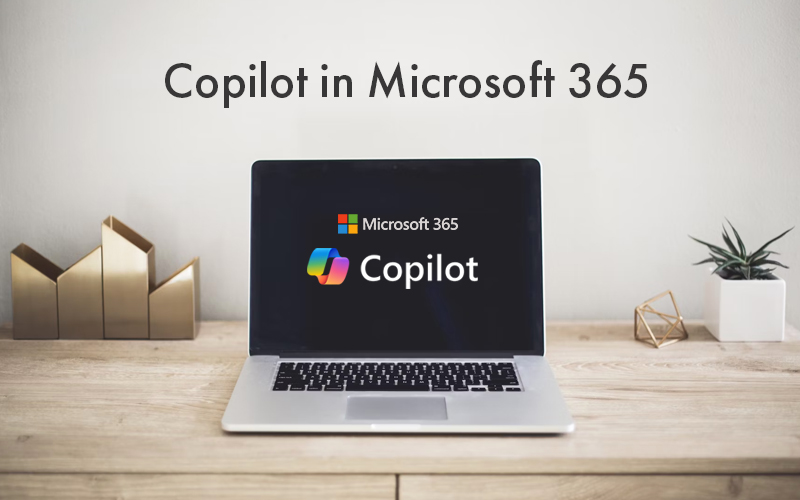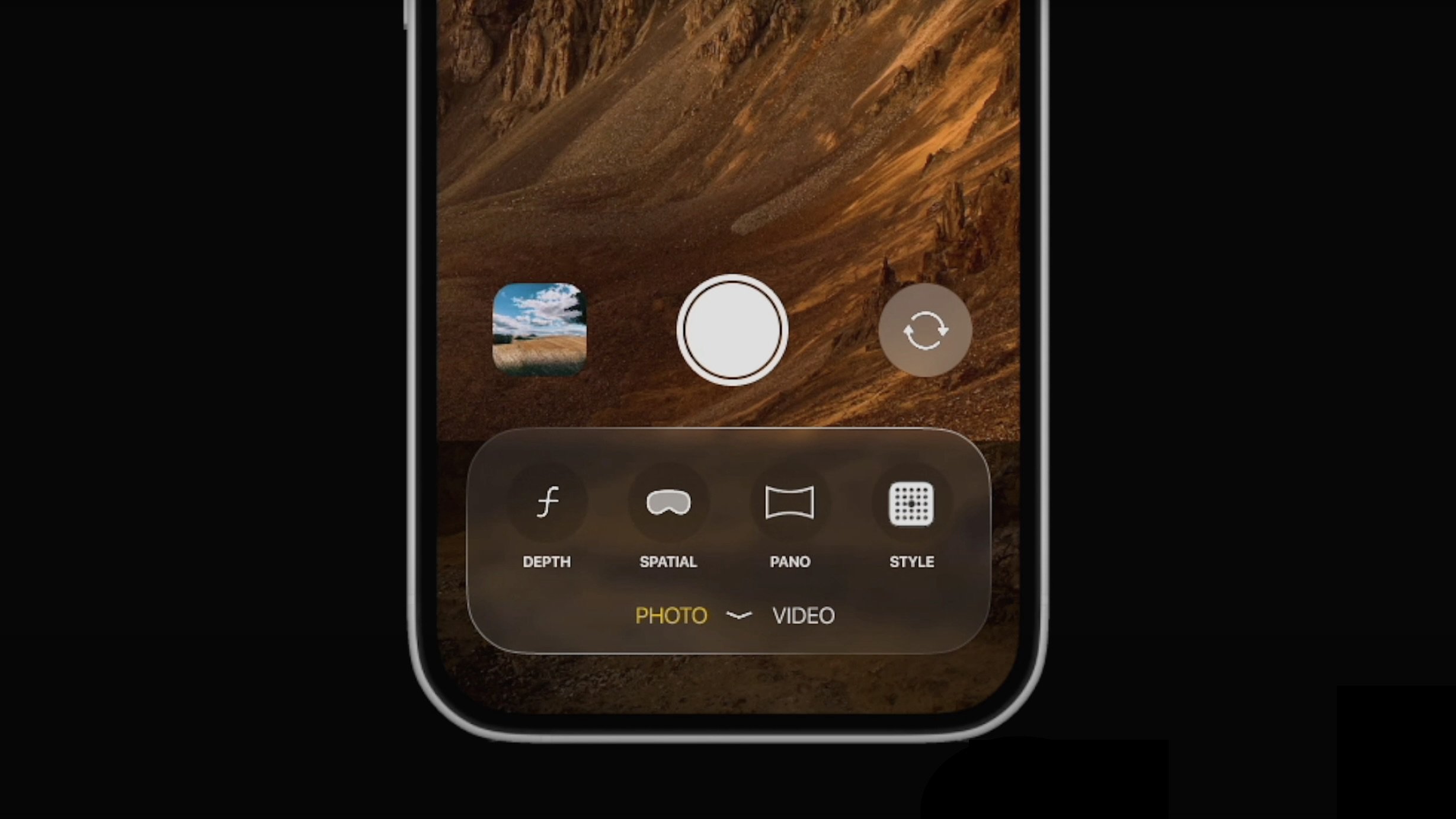The AI Revolution: An Engineer's Perspective - Is Coding Still Relevant in the Age of AI?
The tech world is buzzing with bold predictions. Mark Zuckerberg recently shared with Joe Rogan his vision of AI replacing mid-level engineers at Meta by year's end. Not to be outdone, Elon Musk projects this transformation will become widespread within 3-4 years. As a software developer, these aren't just interesting forecasts – they're existential wake-up calls that hit close to home. When Your Career Feels Like Quicksand I've spent years crafting my skills, building a career trajectory, and planning my financial future. Now, watching AI advance at breakneck speed, those carefully laid plans feel like they're built on shifting sand. The pragmatic part of me understands the business logic: if AI can code more efficiently and cost-effectively, what company wouldn't make the switch? This isn't just about software engineering. The AI revolution is sending tremors through diverse sectors – finance, journalism, healthcare, and beyond. Remember how we used to watch movies like "The Matrix" and think, "That's fascinating but far-fetched"? Now, as AI systems consume massive amounts of energy and reshape our world, those sci-fi scenarios don't seem so distant. The parallel to the film's depiction of environmental degradation and technological dependence feels uncomfortably relevant. Navigation Through Disruption While AI promises to free us from mundane tasks, this liberation comes with a complex mix of opportunity and uncertainty. Let's explore how this transformation might unfold: The Evolution of Engineering Roles The future of software development likely won't be a simple replacement scenario. Instead, we're looking at a fundamental shift in how we work: 1. Deep Specialization Instead of writing basic CRUD applications, human engineers might focus on areas where nuanced understanding and creativity are crucial. Think AI safety architecture, ethical system design, or complex integration challenges that require deep domain knowledge and human judgment. 2. Emerging Career Paths Just as the internet spawned roles we couldn't have imagined in the 1990s, AI is creating entirely new career trajectories. We're already seeing demands for: AI Ethics Officers who navigate the moral implications of AI systems Machine Learning Operations (MLOps) specialists AI-Human Interaction Designers Algorithm Auditors who ensure AI systems remain fair and unbiased 3. The Consulting Evolution As organizations grapple with AI integration, there's growing demand for engineers who can bridge the gap between business needs and AI capabilities. This isn't just technical consulting – it's about understanding the human impact of AI deployment. Preparing for Tomorrow The key to survival isn't just adaptation – it's strategic evolution: Continuous Learning as Survival Strategy We need to shift from viewing education as a phase to seeing it as a constant state. This means: Deep diving into AI and machine learning fundamentals Understanding the ethical implications of AI systems Developing strong soft skills that AI struggles to replicate Building cross-disciplinary knowledge Entrepreneurial Opportunities As AI democratizes technology creation, we might see a boom in tech entrepreneurship. The barriers to entry are lowering, allowing developers to leverage AI tools to solve niche problems and create innovative solutions The Broader Implications This transformation extends beyond career impact: 1. Economic and Social Dynamics Organizations that effectively integrate AI might create new types of jobs we haven't conceived yet The gig economy could evolve into an AI-augmented project economy Global competition might shift as AI capabilities become a key economic differentiator 2. Cultural Transformation We're moving toward a world where human-AI collaboration is the norm, raising important questions: How do we maintain human creativity and innovation in an AI-augmented world? What happens to workplace culture when teams include both human and AI members? How do we preserve human connection and empathy in increasingly automated environments? Looking Forward Standing at this crossroads, we face a fundamental choice: we can view AI as an approaching storm that threatens to wash away our careers, or we can see it as a powerful tool that could elevate our profession to new heights. The reality likely lies somewhere in between. The future of engineering won't be about competing with AI – it will be about complementing it. Our unique human capabilities – creativity, emotional intelligence, ethical judgment, and complex problem-solving – will become more valuable, not less. Your Turn How are you preparing for this AI-augmented future? Are you seeing signs of this transformation in your workplace already? Share your experiences and strategies in the comments below.

The tech world is buzzing with bold predictions. Mark Zuckerberg recently shared with Joe Rogan his vision of AI replacing mid-level engineers at Meta by year's end. Not to be outdone, Elon Musk projects this transformation will become widespread within 3-4 years. As a software developer, these aren't just interesting forecasts – they're existential wake-up calls that hit close to home.
When Your Career Feels Like Quicksand
I've spent years crafting my skills, building a career trajectory, and planning my financial future. Now, watching AI advance at breakneck speed, those carefully laid plans feel like they're built on shifting sand. The pragmatic part of me understands the business logic: if AI can code more efficiently and cost-effectively, what company wouldn't make the switch?
This isn't just about software engineering. The AI revolution is sending tremors through diverse sectors – finance, journalism, healthcare, and beyond. Remember how we used to watch movies like "The Matrix" and think, "That's fascinating but far-fetched"? Now, as AI systems consume massive amounts of energy and reshape our world, those sci-fi scenarios don't seem so distant. The parallel to the film's depiction of environmental degradation and technological dependence feels uncomfortably relevant.
Navigation Through Disruption
While AI promises to free us from mundane tasks, this liberation comes with a complex mix of opportunity and uncertainty. Let's explore how this transformation might unfold:
The Evolution of Engineering Roles
The future of software development likely won't be a simple replacement scenario. Instead, we're looking at a fundamental shift in how we work:
1. Deep Specialization
Instead of writing basic CRUD applications, human engineers might focus on areas where nuanced understanding and creativity are crucial. Think AI safety architecture, ethical system design, or complex integration challenges that require deep domain knowledge and human judgment.
2. Emerging Career Paths
Just as the internet spawned roles we couldn't have imagined in the 1990s, AI is creating entirely new career trajectories. We're already seeing demands for:
- AI Ethics Officers who navigate the moral implications of AI systems
- Machine Learning Operations (MLOps) specialists
- AI-Human Interaction Designers
- Algorithm Auditors who ensure AI systems remain fair and unbiased
3. The Consulting Evolution
As organizations grapple with AI integration, there's growing demand for engineers who can bridge the gap between business needs and AI capabilities. This isn't just technical consulting – it's about understanding the human impact of AI deployment.
Preparing for Tomorrow
The key to survival isn't just adaptation – it's strategic evolution:
Continuous Learning as Survival Strategy
We need to shift from viewing education as a phase to seeing it as a constant state. This means:
- Deep diving into AI and machine learning fundamentals
- Understanding the ethical implications of AI systems
- Developing strong soft skills that AI struggles to replicate
- Building cross-disciplinary knowledge
Entrepreneurial Opportunities
As AI democratizes technology creation, we might see a boom in tech entrepreneurship. The barriers to entry are lowering, allowing developers to leverage AI tools to solve niche problems and create innovative solutions
The Broader Implications
This transformation extends beyond career impact:
1. Economic and Social Dynamics
- Organizations that effectively integrate AI might create new types of jobs we haven't conceived yet
- The gig economy could evolve into an AI-augmented project economy
- Global competition might shift as AI capabilities become a key economic differentiator
2. Cultural Transformation
We're moving toward a world where human-AI collaboration is the norm, raising important questions:
- How do we maintain human creativity and innovation in an AI-augmented world?
- What happens to workplace culture when teams include both human and AI members?
- How do we preserve human connection and empathy in increasingly automated environments?
Looking Forward
Standing at this crossroads, we face a fundamental choice: we can view AI as an approaching storm that threatens to wash away our careers, or we can see it as a powerful tool that could elevate our profession to new heights. The reality likely lies somewhere in between.
The future of engineering won't be about competing with AI – it will be about complementing it. Our unique human capabilities – creativity, emotional intelligence, ethical judgment, and complex problem-solving – will become more valuable, not less.
Your Turn
How are you preparing for this AI-augmented future? Are you seeing signs of this transformation in your workplace already? Share your experiences and strategies in the comments below.

















![[Boost]](https://media2.dev.to/dynamic/image/width=800%2Cheight=%2Cfit=scale-down%2Cgravity=auto%2Cformat=auto/https%3A%2F%2Fdev-to-uploads.s3.amazonaws.com%2Fuploads%2Fuser%2Fprofile_image%2F2059453%2F6e9ddfa1-c99f-46cf-8a46-60b383120405.png)



